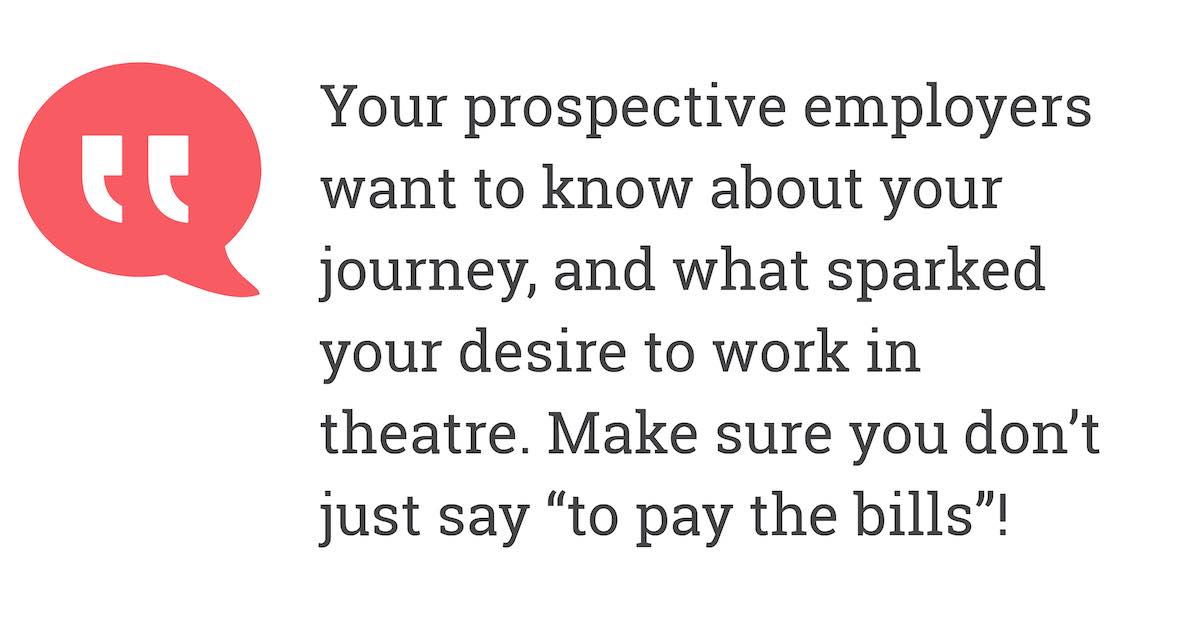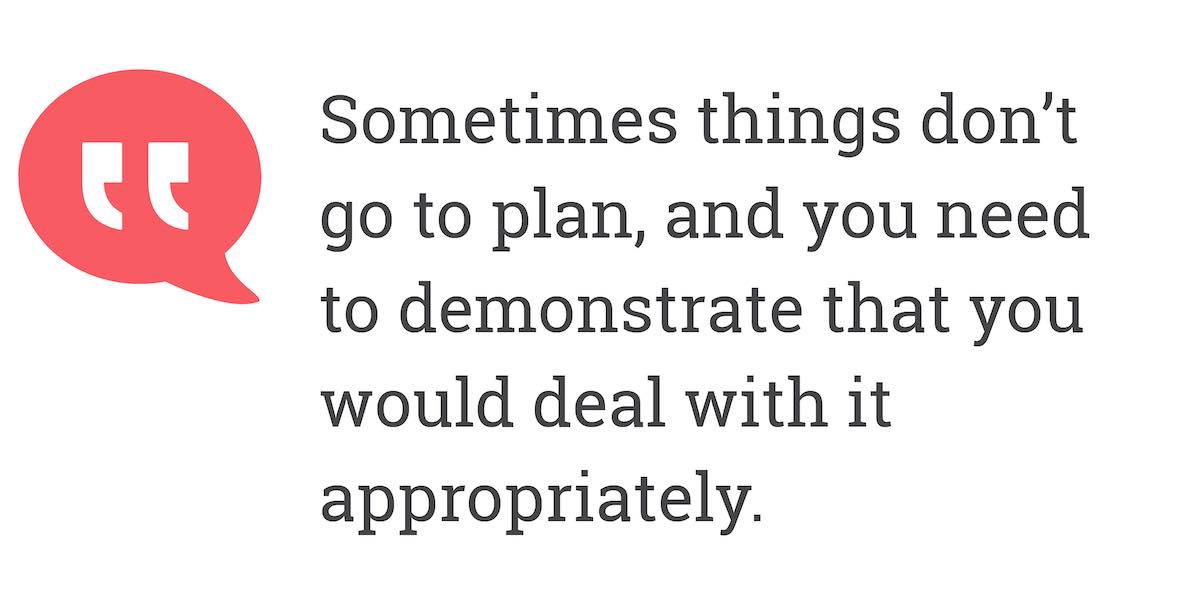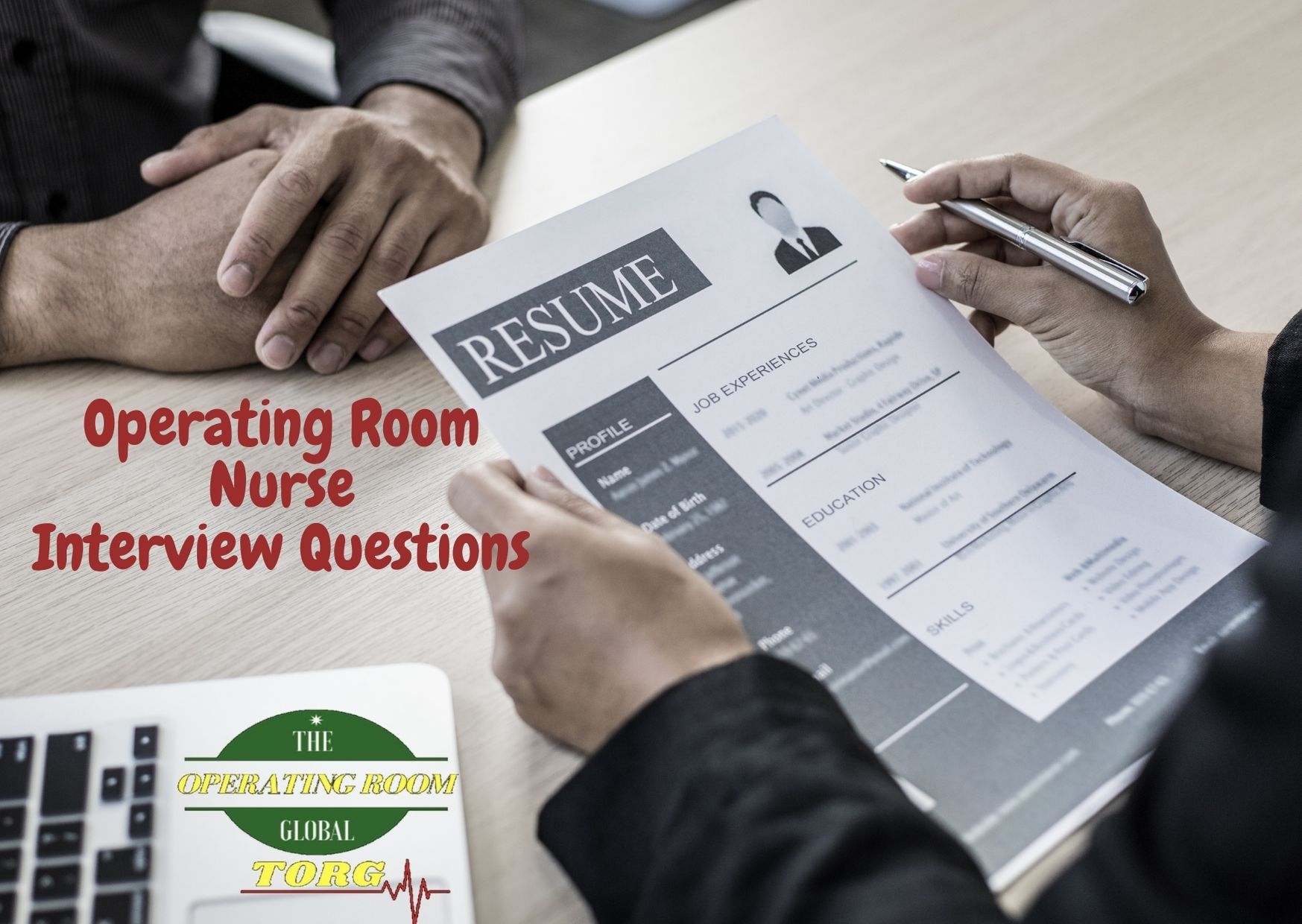The job search can prove to be challenging and take a good amount of time and effort. You have been diligent with making sure your resume is eye-catching and that your cover letter gains the attention of the hiring manager, and now you are getting ready for the important interview. Being prepared for the initial face-to-face is important because you are competing against a number of other highly qualified applicants. Doing some leg work and practicing your responses to the interviewer’s questions will help it pay off in the end.
Preparing for the questions that you will be asked is one of the best ways you can get ready. Most applicants can expect to be asked some general interview questions that will give the hiring manager an idea of who you are and what type of employee you would be. However, you will also be asked specific questions about the job you are applying for, and it is crucial that you answer them in a way that shows the interviewer you are the right person for the position. The following operating room nurse interview questions and sample answers will help you be successful during the face-to-face meeting.
5 Operating Room Nurse Interview Questions & Answers
1. Why did you choose to be an operating room nurse?
I chose to be a nurse because I wanted to work in healthcare and my aunt was a nurse who encouraged me to pursue the same path. I found that my compassion for taking care of others combined with my ability to multi-task was a great fit for nursing as a career. During school, I spent a lot of time observing different areas of the hospital and clinic. I was drawn to the operating room because of the level of responsibility needed and because I was able to use my problem solving skills. It is a fast-paced environment, and it feels good to see a patient come out of the OR in better shape after a surgery.
2. What is your previous surgical experience?
I have worked in different areas of the OR and have a variety of experiences in the surgical setting. I worked as a scrub nurse, prepping the operating room for upcoming surgeries and helping to monitor patients during surgery. I also worked as a circulating nurse for a short period of time. My last position was as an RN first assistant, in which I assisted during surgical procedures. Most of my experience was with orthopedic surgeries, although I do have some experience working in the ER.
3. Can you think of an experience in which a patient’s care was considerably different because of your close monitoring?
I was assisting with a surgery and I noticed some irregular heart rhythm on the monitor. Due to my pre-operative care and communication with the patient, I knew that the patient had heart issues in his history and that it was important to take care of the issue right away. I administered medication to help regulate it, and the rest of the surgery went along without any problems.
4. Talk about a time when you handled a high-stress situation calmly and effectively?
I was working a shift during which we were short-staffed and had a high volume of scheduled surgeries. I had to assist with multiple surgeries at the same time, which was very stressful. I kept an open line of communication going with the doctors and focused on staying detail-oriented and focused on each surgery at hand. It was a long day, but everything went smoothly.
5. Are you able to work as a team player?
I have learned the value of working as a team player from different areas in my life. I was in sports growing up and discovered that communicating with each other and letting each player do what they did best resulted in playing better as a team. Working as a nurse has also shown me how important it is to work as part of a team. While each of us needs to be able to work without excessive direction, we also need to collaborate with each other and communicate.
Using these operating room nurse interview questions as a guide, you can construct your own answers for a successful interview. Doing so will help ensure that you are invited back for a second interview.
Operating Room Nurse Interview Questions
Operating room nurses (or perioperative nurses) are experienced registered nurses who work in the OR to provide care before, during, and after surgical procedures.
OR Nurses fall into two categories:
- Scrub Nurse: works in a sterile environment
- Circulating Nurse: works outside a sterile environment
A Bachelor’s degree in nursing and a state license are essential requirements for this position. Top candidates will also be trained in BLS/CPR and be ACLS-certified.
📌Don’t forget: Check local legislation as licensure requirements vary per location and job description.
Keep an eye out for candidates who are:
- Critical thinkers
- Strong communicators
- Good with people
- Detail-oriented
- Compassionate
- Knowledgeable about procedures
Top tip: Hire candidates willing to grow by making sure their personal career goals align with your company’s mission.
Role-specific interview questions
- Why are you interested in OR nursing?
- In what types of operations do you have experience?
- What experience do you have that prepared you for this role?
- Give me an example of a break in the sterile technique. Why is this an issue and how do you handle it?
- What’s a “time out”? When is it useful?
- What are the legal aspects of a perioperative nurse’s role? Why are they important?
- Can you explain the use of a surgical safety checklist? Why is it important?
- Why is surgical skin preparation important? Walk me through the process for it.
Behavioral interview questions
- Describe a time you spotted an inefficiency of the operating room. What happened and how did you handle it?
- How do you handle high levels of stress at work?
- What steps do you take to calm an anxious patient? Can you recall a specific incident when you had to do this?
- Have you ever had a conflict with a surgeon or nurse? How did you resolve it?
- Tell me about the biggest challenge you’ve faced in the past as a nurse. How did it help you grow in your career?
Problem-solving interview questions
- How do you prepare a patient for a surgical procedure?
- How do you handle preparing for a procedure you aren’t familiar with?
- What’s the protocol if you noticed the sterile field was contaminated?
- What are a few critical questions to always ask a patient before surgery?
- What’s the protocol if you see changes in your patient’s vital signs during surgery?
- What’s the protocol to prepare the OR if a patient has a known latex allergy?
Operating Room Nurse interview questions
This operating room nurse interview profile brings together a snapshot of what to look for in candidates with a balanced sample of suitable interview questions.

Operating Room Nurse Interview Questions
Operating room nurses (or perioperative nurses) provide patient care services before, during and after surgery. They have two roles: scrub and circulating. A scrub nurse works within the sterile field while a circulating nurse out of it. This distinction is important since you should address their skills in performing both roles during the interview.
Perioperative nurses are registered nurses who move into the operating room (OR), usually after gaining some experience. Ask yourself whether you’re looking for a registered nurse who wants to make their shift into the OR or an experienced scrub/circulating nurse. Your requirements are likely to be different in each of these cases.
The following questions give you an idea on how to discover whether candidates possess the specialized skills needed for this position (e.g. knowledge of aseptic and patient assessment techniques). With situational and behavioral questions you can discover other important abilities such as critical thinking, people skills and attention to detail.
Operational and Situational questions
- What would you do if you noticed the sterile field was contaminated?
- What are three things you should always ask a patient before surgery?
- How would you prepare a patient for a tracheotomy/other surgical procedure?
- How would you react if you saw there was something wrong with the patient’s vital signs during surgery?
- Imagine you had to prepare the operating room for a patient with latex allergy. How would you do it?
- Imagine you had to prepare for an operation you don’t have experience with. What do you do?
Role-specific questions
- How has your experience prepared you for this role?
- In what types of operations do you have experience as a perioperative nurse?
- Give me an example of a break in the sterile technique
- What’s a “time out”?
- What are the legal aspects of a perioperative nurse’s role?
- Can you explain the use of a surgical safety checklist?
- Why is surgical skin preparation important and how would you do it?
- What do you find more satisfying in an OR job?
Behavioral questions
- Tell me about a time a patient was anxious or panicked before surgery. What steps did you take to calm them?
- Describe a time you spotted an inefficiency of the operating room. What was it and what did you do to fix it?
- Recall a time you had a conflict with a surgeon or nurse. How did you resolve it?
- Tell me about the biggest challenge you’ve faced in the past as a nurse
- Give me an example of a time you experienced high levels of stress at work. How did you handle it?
Typical interview questions Theatre Nurses get asked and how to answer them
Why did you choose to become a nurse?
This answer should be easy to answer!
Whatever your reason is for becoming a nurse, it is special and unique to you.
The interviewers want to know what sparked your passion for nursing, so they get an insight into your life and personality.
Maybe it wasn’t one particular thing, but various events that led you to become a nurse.
Maybe you wanted to have a flexible career, maybe you are passionate about people… you may have even just loved watching grey’s anatomy!
Why do you want to be a Theatre Nurse?
Again, this is unique to you; we all have a different story.

Your prospective employers want to know about your journey, and what sparked your desire to work in theatre.
Make sure you don’t just say “to pay the bills”!
What qualities do you think make a great Theatre Nurse?
Some qualities of great Theatre Nurses are; team work, communication, attention to detail, and stamina.
Here are some examples of what to say:
“A great Theatre Nurse should have excellent organisation and time management skills. Surgical lists are tightly scheduled, so you will be expected to have all your equipment ready beforehand.”
“A compassionate, caring personality is a big bonus for Theatre Nursing. Clinical skills are important, but knowing how to comfort someone when they are afraid before surgery is essential. Knowing what to say to alleviate fear from your patient is important.”
You are welcome to add any other qualities you think make a great Theatre Nurse.
What are you most proud of (or biggest achievements) in your career?
If you are an experienced nurse, you may have a special moment you will always remember, share it with your interviewers.
If you have recently graduated as a nurse, here is an example:
“My proudest achievement is graduating with my Nursing degree. Three years of hard work, commitment, dedication were all worth it when I graduated. It is one of my biggest achievements to date.”
Can you tell me about a difficult clinical scenario, and how you dealt with it?
The interviewers want to know how you handle adversity in a clinical setting.

Sometimes things don’t go to plan, and you need to demonstrate that you would deal with it appropriately.
Think about a time where something went wrong.
Here are some examples that you may come up with:
– Miscommunication – communication is essential in a theatre environment, explain a scenario where a lack of communication and how you dealt with it.
– Mistake – you or someone else may have made a mistake, how you overcame and rectified this.
– Patient care – a patient may have passed away, you may have had to break some bad news, or the patient may have been very distressed. Explain how you approached the situation and how it improved your future practice.
As nurses, we all have a few memorable moments where things went wrong, what we did to fix them, and what we learned in the process.
Can you tell me your strengths and weaknesses?
For many people, this question is difficult to answer.
Listing strengths without sounding arrogant, and listing our weaknesses without putting them off.
Choose two of your strengths, if you can’t think of anything, ask your family and colleagues what they believe your best qualities are.
Choose two weaknesses.
Use examples that could be turned into a strength.
Maybe sometimes you bring your work home with you, you have trouble dealing with certain personalities (e.g. aggressive/loud people), you might be shy and struggle to speak up for yourself, you may lack confidence in certain areas.
– Examples of Strengths
“I am naturally a compassionate and caring person, so I ensure my patients are comfortable and taken care of at all times.”
“I work well in a team environment, ensuring everyone in the team feels valued and heard.”
– Examples of Weaknesses
“I’m prone to overthinking – after a shift has finished I will pick apart what went wrong, and what I could do better next time. Sometimes that means I take work home with me.”
“Sometimes I lack assurance in my ability to lead a team, I would love to do a leadership course to gain more confidence in myself and my leadership skills.”
Other questions you might face
A common question is “How would you deal with making a mistake at work?”
For this, you might say that you would notify the charge nurse/manager immediately, and try to rectify the mistake as soon as possible.
Others include:
– How do you deal with stress?
– What do you enjoy doing outside of work?
– What sort of salary are you looking for?
– Why did you leave your last job?
– What are your future goals/aspirations? Where do you see yourself in 5 years?
– Do you have any questions for us?
How I prepared for my Theatre Nurse interview
I researched the values, history, and structure of the hospital.
I researched the theatres in the hospital, what the specialties were, and any other relevant information.
I practiced answering clinical questions and drug calculations in case of an exam.
I also had some pre prepared answers to potential questions I may have struggled answering, like what my strengths and weaknesses are.
What I wore to my Theatre Nurse interview
I wore plain slim black pants, with a top and knit jumper (it is cold in the UK!).
I wore plain black shoes.
My hair was tied up in a pony-tail and I wore minimal makeup – just enough to make me look less tired!
How did the NHS set up my Theatre Nurse interview (how many interviews, was it a panel, what was the setting)?
I was interviewed by two senior nurses at the hospital in a meeting room.
Luckily the nurses were very friendly and welcoming, so I was immediately at ease and comfortable.
I answered the questions with honesty and openness, which I think they appreciated.
I had one interview, which was about 40 minutes long, plus a 30 minute exam.
I received a job offer that afternoon from the Theatre Manager – I was over the moon!
Was there a test I had to take as part of my Theatre Nurse interview?
Yes, I took a test that assessed some clinical skills.
I needed to get 100% on the questions, which I suppose I did, since I was offered the job!
The questions were on safety and clinical decision making.
There was also a drug calculation section.

